Other Competitions and Educational Offers
Stars Shine for Everyone (SSVI)
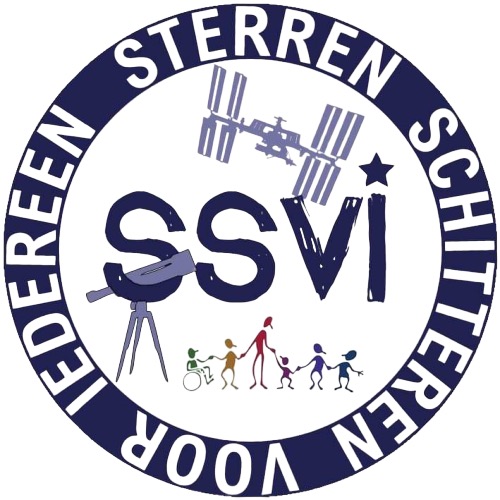 Stars Shine for Everyone is a project aiming at bringing kids with disabilities and coming from underserved communities in contact with science, astronomy in particular.
Stars Shine for Everyone is a project aiming at bringing kids with disabilities and coming from underserved communities in contact with science, astronomy in particular.
SSVI is a collaboration between Volkssterrenwacht A.Pien vzw and Ghent University, and every year it organises one or more contests where the participants can win a telescope and extra educational material.
CERN Educational Resources
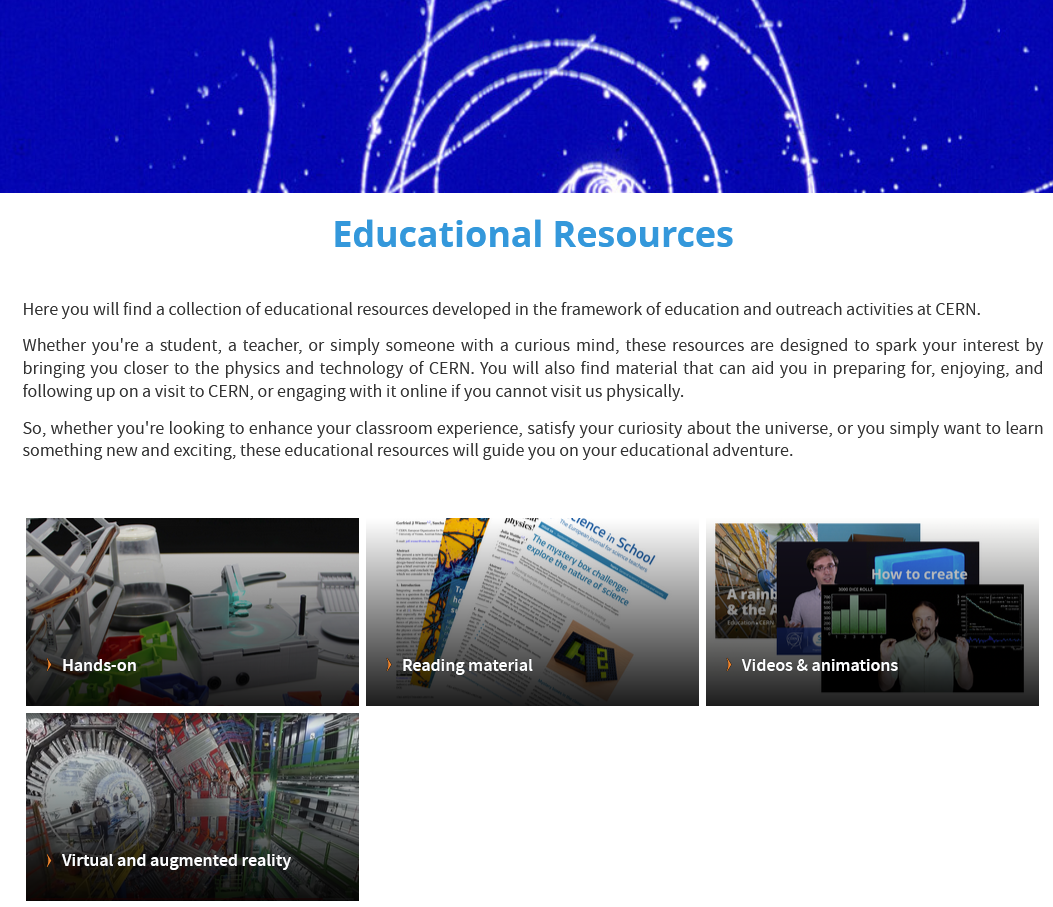
Here you will find a collection of educational resources developed in the framework of education and outreach activities at CERN.
Whether you're a student, a teacher, or simply someone with a curious mind, these resources are designed to spark your interest by bringing you closer to the physics and technology of CERN. You will also find material that can aid you in preparing for, enjoying, and following up on a visit to CERN, or engaging with it online if you cannot visit us physically.
So, whether you're looking to enhance your classroom experience, satisfy your curiosity about the universe, or simply want to learn something new and exciting, these educational resources will guide you on your educational adventure. Explore our resources at https://educational-resources.web.cern.ch/.
IPPOG - International Particle Physics Outreach Group

IPPOG is a network of scientists, science educators and communication specialists working across the globe in science education and public engagement for particle physics. Particle physics is the science of matter, energy, space and time. IPPOG brings new discoveries in this exciting field to young people and conveys to the public that the beauty of nature is indeed becoming understandable from the interactions of its most fundamental parts - the elementary particles.
You can explore the IPPOG online resources here: https://ippog.org/ippog-resource-database
International Astronomy and Astrophysics Competition (IAAC)
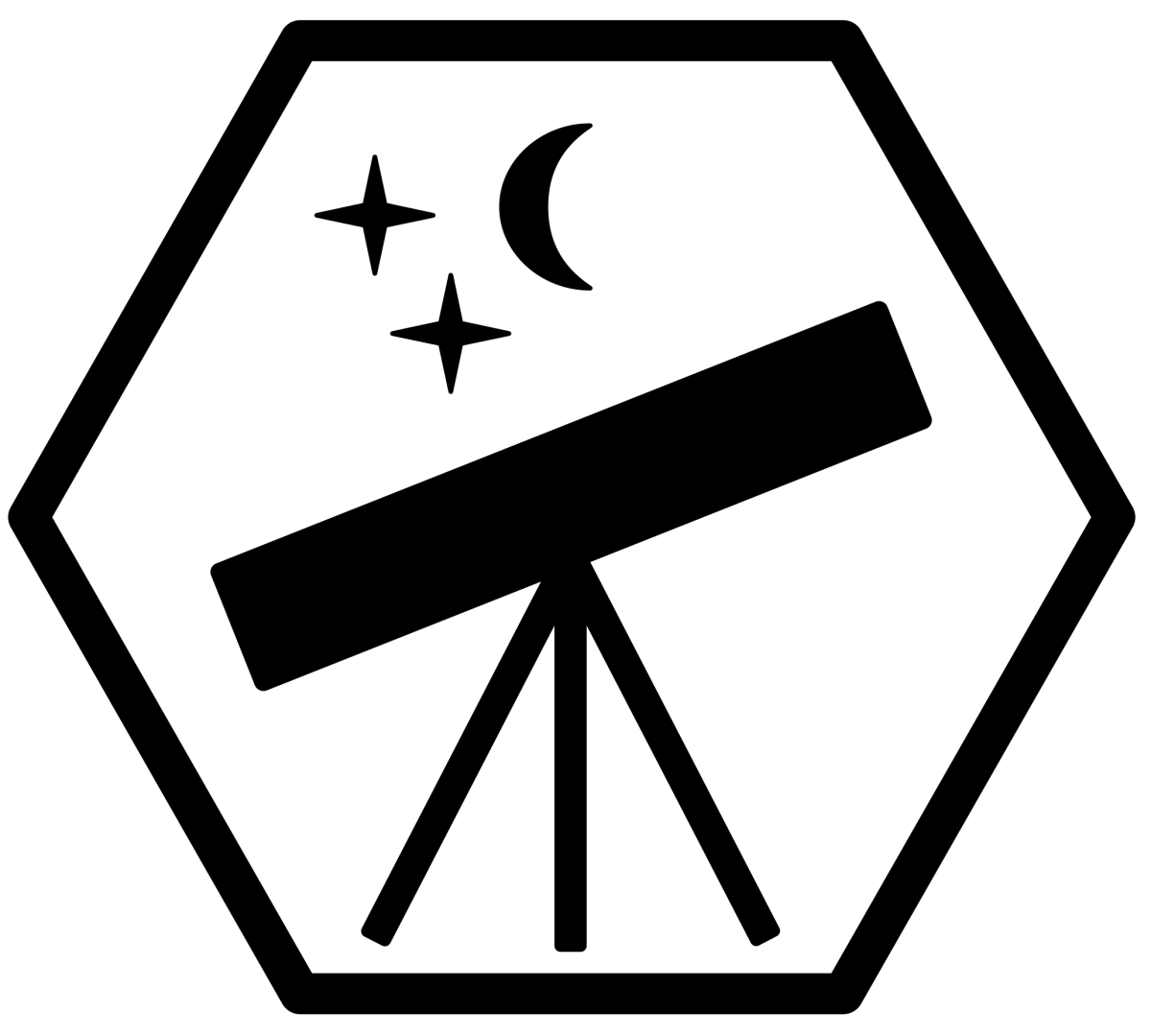
Dive into the depths of the cosmos with the International Astronomy and Astrophysics Competition and use your astronomy skills to win certificates, awards, and prizes. All high-school and first-year university students from around the world are invited to challenge their knowledge in three unique rounds: qualification, pre-final, and final round, each with unique problems, such as reading real-world scientific papers. Participating in this learning experience will deepen your knowledge of space research and allow you to join a global network of like-minded students. Teachers can register online, and talented students are encouraged to join the IAAC ambassador program to inspire other youths to pursue astronomy. The deadline for the qualification round is 4 July 2025 at 23:59 UTC. You can find and submit this year’s problem sheet online.
The International Young Physicists’ Tournament (IYPT)
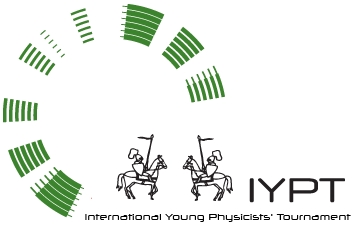
What is IYPT? The International Young Physicists’ Tournament (IYPT), sometimes referred to as the “Physics World Cup,” is a scientific competition between teams of secondary school students. It closely mimics real-world scientific research and the process of presenting and defending research results.
Participants have nearly a year to work on 17 open-ended inquiry problems. Many of these involve easy-to-reproduce phenomena that display unexpected behaviour.
The aim of the solutions is not to find “the correct answer,” as there is no such notion. The Tournament is conclusions-oriented — participants design and perform experiments, analyse the results, and present well-argued conclusions based on their findings.
The competition itself is not a traditional written test but rather an enactment of a scientific discussion — or a thesis defence — in which students take on the roles of Reporter, Opponent, and Reviewer, evaluated by an international jury.
One of the unique aspects of the IYPT is that teams can take different legitimate routes in solving the same problem. Their investigations are judged based on the depth and rigour of their approach.
In 2013, the IYPT was awarded the medal of the International Union of Pure and Applied Physics (IUPAP), recognising its outstanding and far-reaching contribution to physics education around the world. Discover more about the tournament here: https://www.iypt.org/
INSPYRE
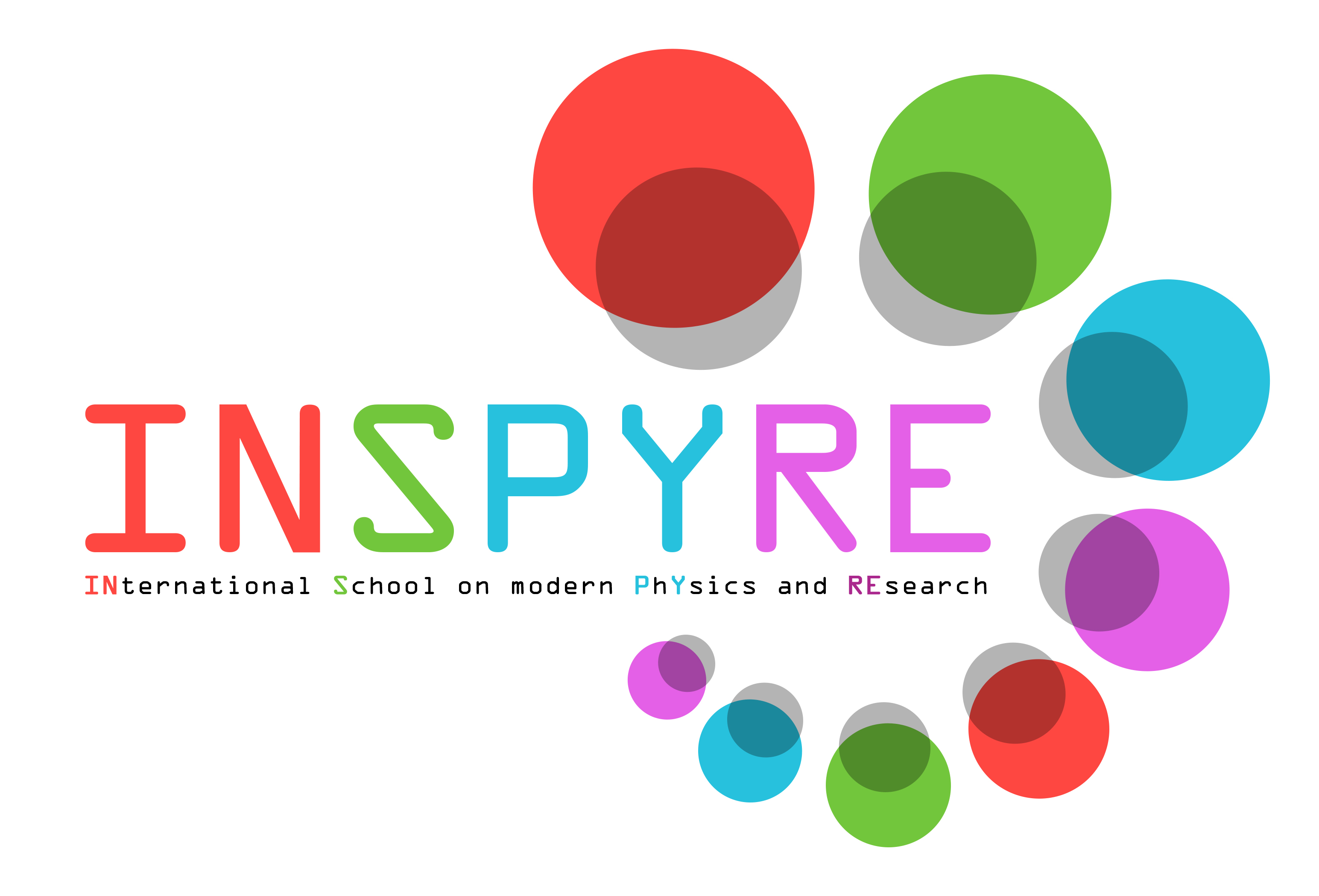
The International School on Modern Physics and Research, INSPYRE, is one of the major and more prestigious educational programmes of the INFN, held annually at two INFN laboratories in Italy.
The School is addressed to High School students, attending the last two years, and coming from all over the world. It aims to introduce the students to the hot topics of Modern Physics. The goal of the School is to transfer knowledge in the context of frontier research, cutting-edge technologies and present the connection between science and society.
Discover all the different educational offers of INFN here: https://comedu.lnf.infn.it/
Fizzics Education
 Fizzics Education provides 100s of free science experiments and resources online. The Australian-based association also runs curriculum-linked science visits for schools as well as design thinking challenges on space and more (ask about the AVA Challenge!). Explore all their offers at https://www.fizzicseducation.com.au/.
Fizzics Education provides 100s of free science experiments and resources online. The Australian-based association also runs curriculum-linked science visits for schools as well as design thinking challenges on space and more (ask about the AVA Challenge!). Explore all their offers at https://www.fizzicseducation.com.au/.
Scienscope
 Scienscope is the science mediation centre of the Faculty of Science of the University of Geneva. Its goal is to trigger and cultivate the fascination for science within the population, in particular within young people who are shaping their future careers. The Scienscope includes interactive workshops and hands-on activities in physics, chemistry, biology, mathematics, IT and earth science. Its participative approach reinforces the links between pupils, teachers, researchers and the wider public. School classes can visit the Scienscope free of charge, upon reservation. Other groups between 10 and 25 persons can register as well, subject to availability. The Scienscope also includes an astronomical observation platform piloted through the Internet, and a platform that supports schools in teaching modern biology by providing the necessary materials and skills.
Scienscope is the science mediation centre of the Faculty of Science of the University of Geneva. Its goal is to trigger and cultivate the fascination for science within the population, in particular within young people who are shaping their future careers. The Scienscope includes interactive workshops and hands-on activities in physics, chemistry, biology, mathematics, IT and earth science. Its participative approach reinforces the links between pupils, teachers, researchers and the wider public. School classes can visit the Scienscope free of charge, upon reservation. Other groups between 10 and 25 persons can register as well, subject to availability. The Scienscope also includes an astronomical observation platform piloted through the Internet, and a platform that supports schools in teaching modern biology by providing the necessary materials and skills.